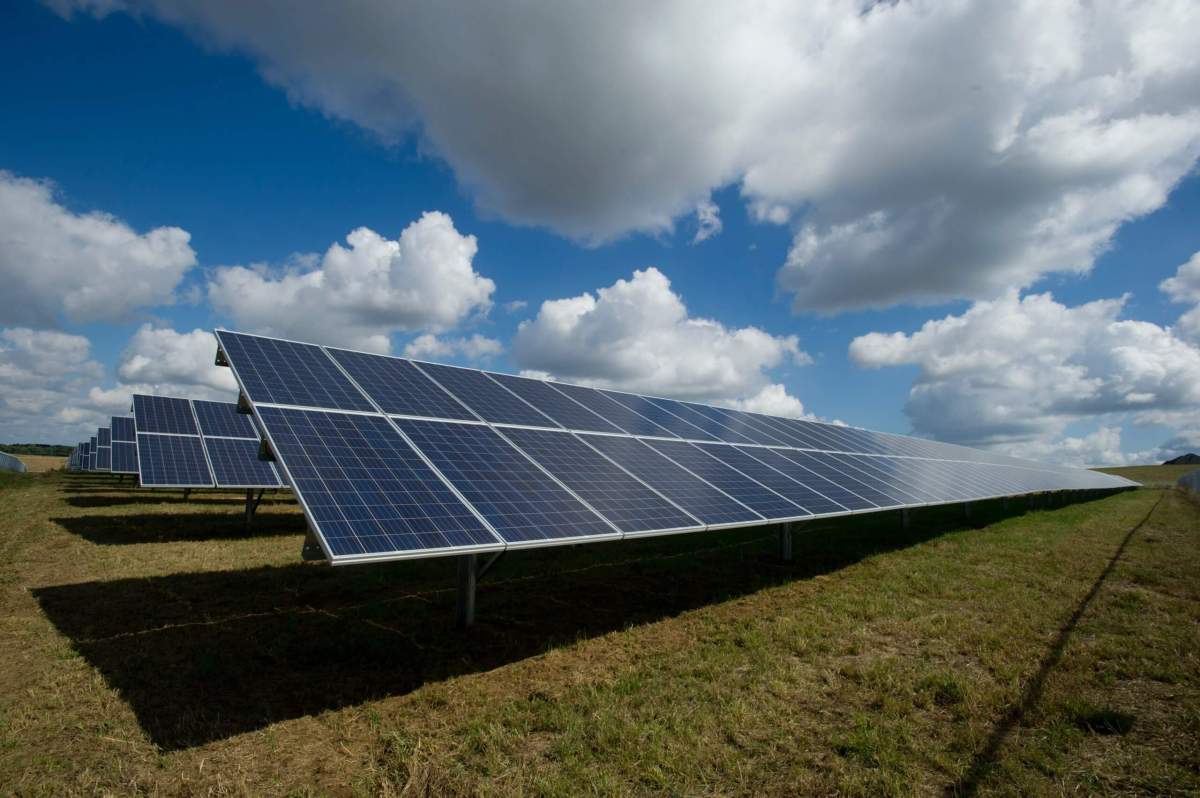Solar panels capture the sun’s energy and transform it into power that can be used in your house.
Photo by Vivint Solar on Unsplash
As the name implies, they function when the sun shines on them, but the electricity created by these solar panels may be stored in a battery and used at night.
Power is the most crucial infrastructure component for economic progress and national well-being. Due to the daily increase in electricity consumption, balancing power generation and demand is challenging without suffering from supply bottlenecks and power shortages.

Moving from conventional to non-conventional energy sources isn’t just a choice, but it’s a need for sustaining generation-to-demand ratio.
The Future Of Solar Panel Energy
In certain countries, the power crisis is one of the most severe difficulties, and people are constantly turning to renewable energy sources to solve these problems.
According to a study, solar will be even more affordable in the future years as technology improves. Solar might become the most important source of energy for power production in a significant area of the planet by 2030. Solar energy is also essential for increasing power output and increasing energy reliability while considering environmental, social, independent, and economic benefits.
Here’s what you need to know about maintaining the energy efficiency of your solar panels:

1. Ensure Its Proper Orientation
The most significant energy is captured when the sun’s rays strike the solar panel perpendicularly. Orienting solar panels in the right direction and tilting them appropriately will help them produce the most energy by exposing them to the highest intensity of sunlight for the most extended amount of time.
Don’t ignore the importance of solar panel orientation and placement to maximize the efficiency of the operation of your solar panels. Consider home solar panels maintenance, as well as proper direction and positioning, to ensure that solar cells have access to the sun throughout the day.
2. Clean Regularly
It’s critical to keep your solar panels clean. Light is obstructed by dirt on the solar panels. Solar panels are also designed to enable light to penetrate the solar cells. A filthy solar panel may hinder light from reaching the solar cells, resulting in decreased energy output.
If you don’t clean your panels regularly, you may not receive the best source of energy that you’ll need. On the other hand, cleaning them enhances their effectiveness by allowing more light to reach the cells.
Because solar panels are utilized to generate solar electricity, the weather is the most significant limiting factor. Solar panel cleaning is crucial to minimize losses caused by electrical equipment breakdowns.

3. Utilize A Solar Concentrator
Solar concentrators, often employed in concentrated solar power (CSP) systems, may also be utilized for industrial process heating or cooling such as solar air conditioning.
Since the cost per unit area of a solar concentrator is substantially lower than the cost per unit area of a PV material, not only could the same amount of energy be gathered from the sun, but the overall price of the solar cell could also be decreased by utilizing a solar concentrator.
4. Avoid Shaded Areas
Solar panels generate power from sunshine, and shadow reduces the amount of electricity produced. Some people aren’t aware of the impact of shade on a line of solar panels.
In photovoltaics, shading is an issue since shading only one cell in a module may lower the power output to zero. When one cell is shaded, the entire string of cells is reduced. The shaded cell dissipates excess electricity from the unshaded cells.
Even if one solar cell is shaded, the energy generated by its neighboring cells is influenced, acting as a resistor. Ensuring that your solar cell isn’t shaded would reduce the power delivery.
5. Monitor Your Solar Panel
Solar monitoring systems collect data from solar inverters or charge controllers regarding your system’s energy production.

Solar monitoring systems are intended to identify and alert users to problems with solar panels, so they may be addressed before the system shuts down. Solar monitoring systems are an essential component of a solar energy system since they guarantee that your solar equipment operates at peak efficiency.
Solar monitoring can help you become more aware of the operation of your solar power system. It provides data on energy use and generation and energy optimization.
Takeaway
Solar power systems harness the sun’s pure energy as installing solar panels on your home help to reduce greenhouse gas emissions. As a result, it’s critical to maintain your solar panels and make optimal use of their energy as any electricity that isn’t consumed will be transmitted to the grid.
Daisy Bloom
Daisy Bloom is an architect and interior designer. She writes blog posts and guest posts related to interior designing and shares photos of her architectural designs on her social media accounts. Daisy loves to travel and gets inspiration from what she sees around her.




Leave a Comment